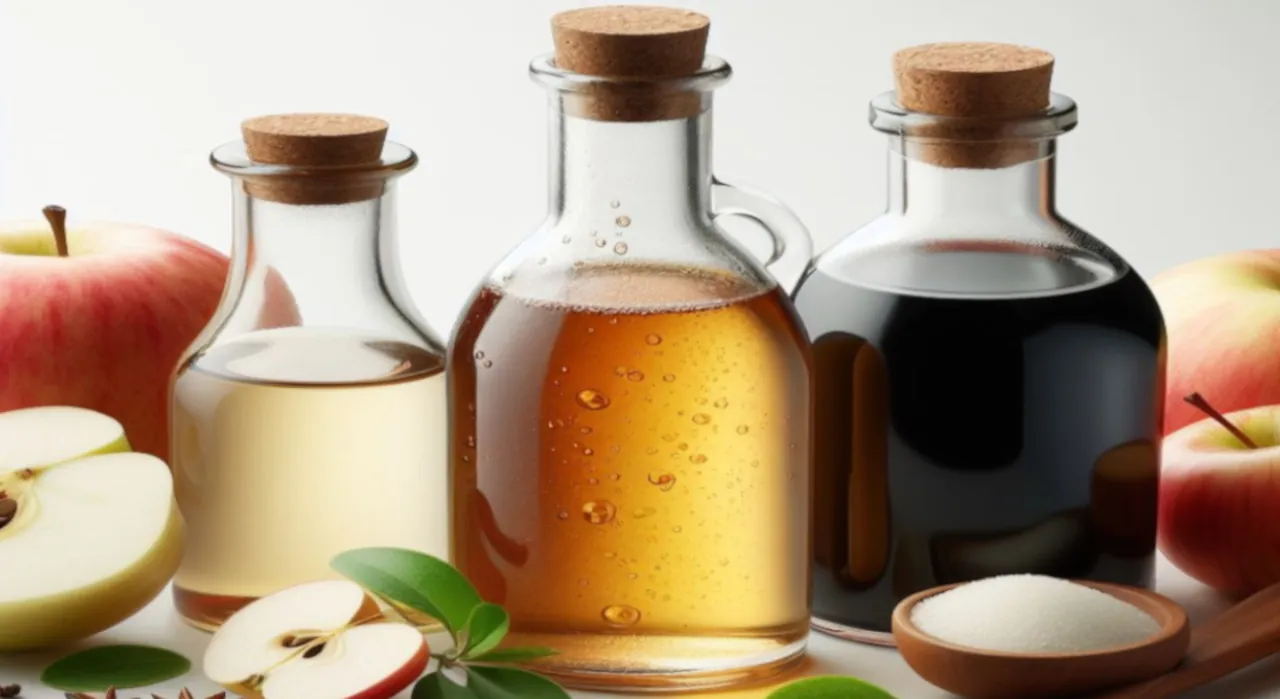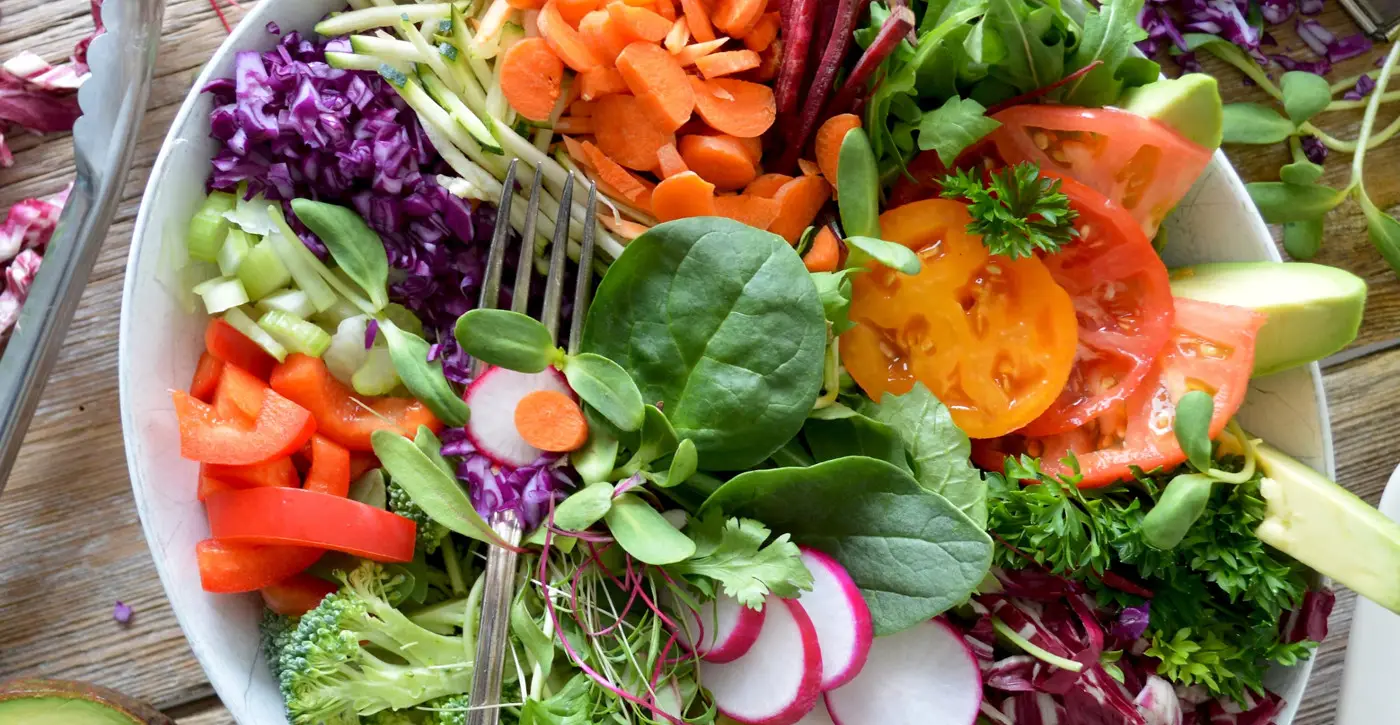Miso Lysine and Arginine Info Sheet
Overview
Miso is a traditional Japanese seasoning that is produced by fermenting soybeans with salt and a type of fungus known as Aspergillus oryzae, also known as Koji.The fermentation process can take anywhere from a few weeks to several years, and the result is a thick paste with a rich, complex flavor that is both salty and umami.
Miso is a fundamental ingredient in Japanese cooking, and is used in a wide variety of dishes, including miso soup, ramen broths, marinades, and sauces.
Miso is rich in protein, supporting muscle growth and repair, and is a good source of various vitamins and minerals, contributing to overall health. It is also high in sodium.
| Name | Lysine (mg/100g) | Arginine (mg/100g) | Ratio |
|---|---|---|---|
| Miso | 478mg | 785mg | 0.61 |
Miso contains 478mg of Lysine and 785mg of Arginine per 100g of product.
This means Miso has a low Lysine-Arginine ratio of 0.61.
Because Miso contains slightly more arginine than lysine, reducing its consumption may help people who suffer from herpes, as it may lower the viral activity.
Lysine Considerations
Miso paste contains 478mg of lysine per 100g. Lysine is an essential amino acid that supports protein synthesis, collagen formation, and immune function.
It's one of the nine amino acids that the body can't produce, so it must be included in our diet.
Lysine has multiple roles in the body, such as aiding in growth, healing, energy production, immune function, and the production of collagen.
Research indicates that lysine may have an impact on the herpes virus, which is responsible for cold sores and genital sores.
Taking lysine supplements or using lysine cream could potentially prevent or treat these infections by slowing down the amino acid arginine, which the virus requires for growth.
Arginine Considerations
Miso paste contains more arginine than lysine, with 785mg of arginine per 100g.
Arginine is a semi-essential amino acid that plays a role in several bodily functions, including wound healing and immune function.
Arginine has multiple benefits for our overall health and performance, such as lowering blood pressure, enhancing wound healing, and increasing exercise endurance.
Arginine can also affect the herpes virus, which causes cold sores and genital herpes.
Studies suggest that arginine may help the virus grow and cause outbreaks, so people with herpes may want to avoid foods that are high in arginine or take lysine supplements to block its effects.
Lysine-Arginine Ratio
Miso contains more arginine than lysine, which can be undesirable for those who are prone to cold sores and herpes outbreaks.
This is however unlikely to have an effect on the overall lysine-arginine ratio in one’s diet, unless consumed in very large amounts.
A serving size of miso paste to make soup is usually not enough to be of concern.
Both lysine and arginine play crucial roles in protein synthesis and other metabolic activities.
Interestingly, they have contrasting effects on the herpes simplex virus, which is responsible for cold sores and genital herpes.
Lysine can stunt the virus's ability to replicate, while arginine can promote it.
Consequently, consuming foods with a high lysine to arginine ratio may help decrease the frequency and severity of herpes flare-ups.
Foods with a high lysine-arginine ratio include dairy products products, fish, poultry, fruits, and vegetables.
These foods can supply the body with sufficient lysine to block the virus's uptake of arginine, thereby preventing its growth and spread.
Dietary Considerations
Soups and broths can be made from different types of proteins and vegetables, such as chicken soup, vegetable soup, or tomato soup.
Soup is generally healthy and a good source of lysine, especially if it contains poultry or seafood, which are abundant in lysine and low in arginine.
That said, some soups may have a higher arginine content if they are made with mainly grains and cereals, such as corn, barley, or rice.
These ingredients can increase the arginine-lysine ratio in the soup and make it less beneficial for people with herpes.
Because of this, soups should be chosen carefully and preferably contain more lysine-rich foods than arginine-rich foods.

For example:
A diverse and nutritious diet that supports your immune system and fights inflammation is essential.
This means you should eat lots of fruits, vegetables, whole grains, lean protein, and healthy fats, and steer clear of processed foods, added sugars, alcohol, and caffeine, which can harm your health.
L-lysine supplementscan help you prevent herpes outbreaks and stop a cold sore before it develops by depriving the virus of arginine, which it needs to form a cold sore.
Your immune system can be weakened and inflammation can be increased by foods that can cause allergic reactions or sensitivities, such as gluten, dairy, nuts, eggs, or shellfish.
Avoid these foods to avoid outbreaks.
Try eating foods that can enhance your immune system and reduce inflammation to avoid outbreaks.
Some of these foods are honey, yogurt, aloe vera, and chamomile.
They can also help you with your symptoms by easing pain, swelling, and itching, and accelerating your recovery.
Check more food information






